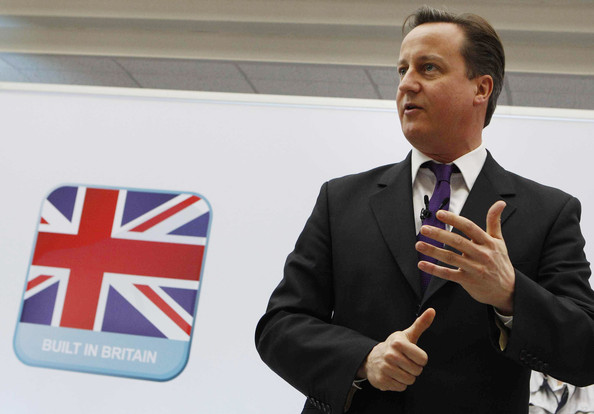
David Cameron
The British economy has rebounded in leaps and
bounds, after the financial crisis of 2008. A report in the London
Evening Standard stated, “Britain’s economy is bigger than at any
point in its history after a 0.8 per cent surge in growth finally
lifted GDP above its pre-financial crisis peak. The achievement was
hailed as "a major milestone" by Chancellor George Osborne and
officially brings to an end the most prolonged slump on record.”
Prime Minister David Cameron enacted cuts (the
Judiciary Report advocated years ago) that were unpopular among
some, but the British economy has experienced a turnaround. It would
also be beneficial if Britain returned to its factory roots,
producing more products on the level it did decades ago.
Another report online stated London has overtaken
New York as the top investment hub. Throughout the crisis, the
British currency, the pound, stood strong and the housing market
appreciated in value, particularly London, where home prices have
reached new heights.
The Mayor of London, Boris Johnson, has undertaken
an initiative to build more housing in the capital to accommodate
the demand. Some preservationists are against the plan. However, it
is a practical one, as the demand has far exceeded what is currently
available. There have also been new calls to expand impressive
Heathrow Airport, the behemoth hub that has already undergone
expansion to meet the demand.
STORY SOURCE
British economy bigger than any time in history after 0.8%
surge in growth
Published: 25 July 2014 - Updated: 16:21, 25 July
2014 - Britain’s economy is bigger than at any point in its history
after a 0.8 per cent surge in growth finally lifted GDP above its
pre-financial crisis peak. The achievement was hailed as "a major
milestone" by Chancellor George Osborne and officially brings to an
end the most prolonged slump on record. The solid rise in the second
quarter of the year was in line with City forecasts and means that
output is now 0.2 per cent higher than at the start of 2008 when the
recession began…